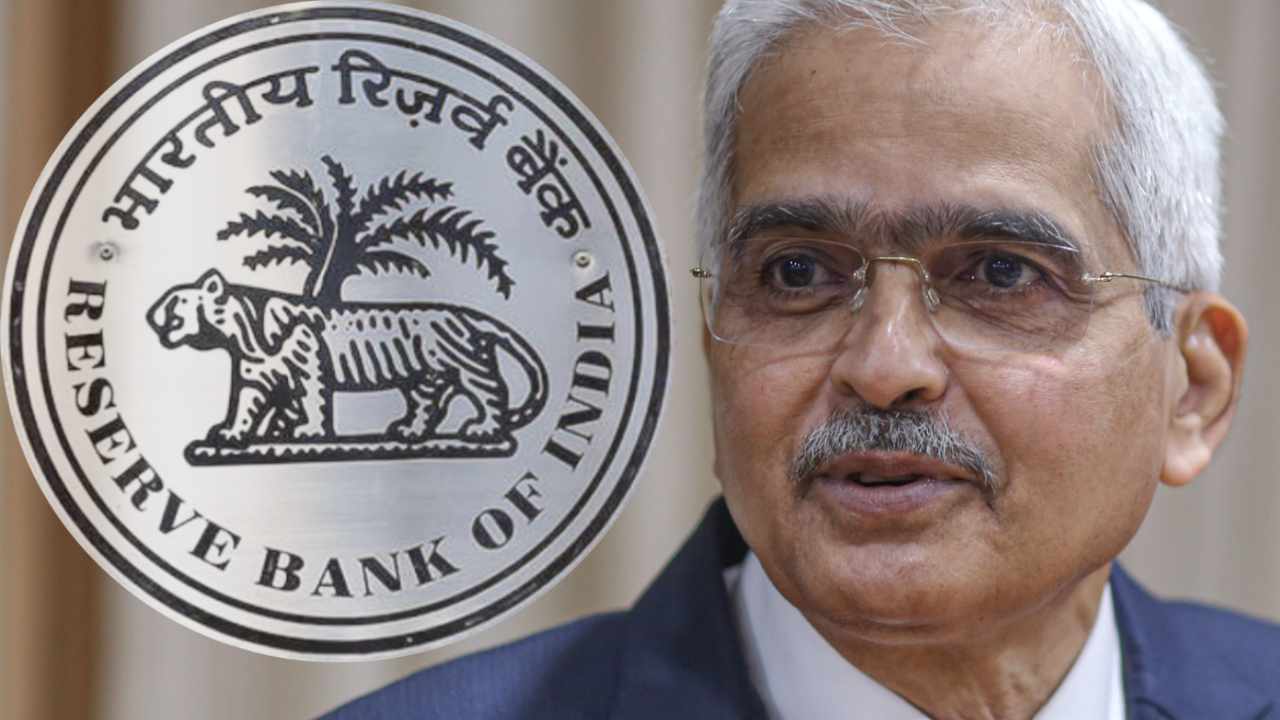
The governor of India’s central bank, the Reserve Bank of India (RBI), said the “ongoing banking crisis in the United States” clearly illustrates the risks cryptocurrencies pose to the financial system. The central bank governor added that “the Indian economy remains resilient” and stressed that “the worst period of inflation has passed.”
India’s central bank governor on crypto risks and the U.S. banking crisis
The governor of India’s central bank, the Reserve Bank of India (RBI), commented on the U.S. banking turmoil at the 17th K P Hormis Memorial Lecture on Friday, while also drawing attention to the risks cryptocurrencies pose to the financial system RBI Governor Shaktikanta Das stated the following.
The ongoing banking crisis in the US is a strong reminder of the importance of strong regulators and sustainable growth, as well as a clear illustration of the risks that private cryptocurrencies pose to the financial system.
Signature Bank was seized by the New York State Department of Financial Services last Sunday and Silicon Valley Bank was closed by regulators last Friday. These became the second and third banks to fail in the United States. Additionally, Silvergate Bank announced its voluntary liquidation earlier this month.
Some, including Senator Elizabeth Warren (D-MA), who attributed Signature Bank’s failure to accepting crypto customers without adequate safeguards, believe that regulatory action against crypto-friendly banks is related to cryptocurrencies. Regulators, however, insist that their actions have nothing to do with crypto.
India’s central bank governor stressed that the U.S. banking crisis shows “the need for prudent asset liability management.” In addition, Das stated that.
The Indian economy remains resilient. The worst period of inflation has passed.
Das, who was named Governor of the Year by the Central Bank Prize 2023 on Wednesday, has repeatedly warned about crypto risks. According to India’s central bank governor, cryptocurrencies not only pose a significant threat to India’s macroeconomic and financial stability, but also seriously undermine the RBI’s ability to make monetary policy decisions and regulate the country’s financial system.
Image Credit:: Shutterstock, Pixabay, Wiki Commons.














